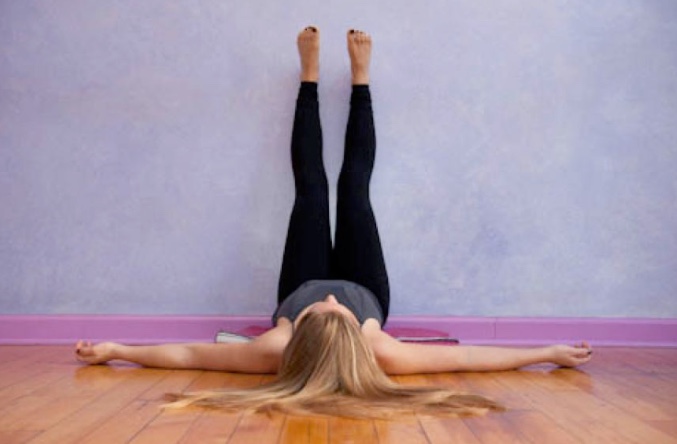As a yoga and mindfulness teacher, my ultimate mission is to help others help themselves. I often tell my students that they have to take care of themselves in order to take care of others. This sentiment is echoed by both the airline safety videos (“Secure your mask before helping others”) and thought leaders such as the Dalai Llama.
“If you don’t love yourself, you cannot love others… If you have no compassion for yourself then you are not capable of developing compassion for others.” —Dalai Lama
Unfortunately, this practice of self-compassion is underrated and underutilized in today’s society. It even seems in fashion to beat yourself up about not practicing self-compassion. I hear clients guilt themselves by saying, “Well, I should make time for myself…” or “I should try meditating, but I’m so busy...” That limiting, self-effacing language is a perfect example of how we beat ourselves down instead of building ourselves up.
The next time you find yourself saying “should,” perhaps shift your language. Say, “I want to try meditating. I am going to make time to try Mastermind mindfulness studio.” Or, “I had a really hard day. I can’t wait to treat myself to yoga on Friday.” Change the dialogue so you can change the narrative. You are not a victim of your circumstances. You are actively creating your life and your reality around you. And the more kindness, care, and compassion you offer to yourself, the more love and dedication you can offer to what brings you meaning.
Beginning to treat yourself with care & compassion is a gentle process. Kristin Neff, professor and researcher at the University of Texas at Austin, outlines three components of self-compassion practice:
- Mindfulness: Awareness of self in relation to outer environment/life circumstances
- Self-Kindness: Treating yourself with love, support, and understanding
- Connection: Making contact with supporters around you: everyone makes mistakes and you are not alone!
Neff’s three-pronged self-compassion approach is correlated to increased emotional intelligence, wisdom, life satisfaction and connectedness. Practicing self-compassion even combats anxiety and depression and other mental illness.
And remember, as you work toward more mindfulness, self-kindness, and connection, don’t SHOULD all over yourself!
Start where you are and do what you can. Even a minute of deep breathing can center you and help you be kinder to yourself and others.
For more support on your journey, please check out these upcoming workshops put on by me and my dear friend and colleague Julianne Schroeder, MS, LPC.
- Dorseystandish's blog
- Log in or register to post comments


